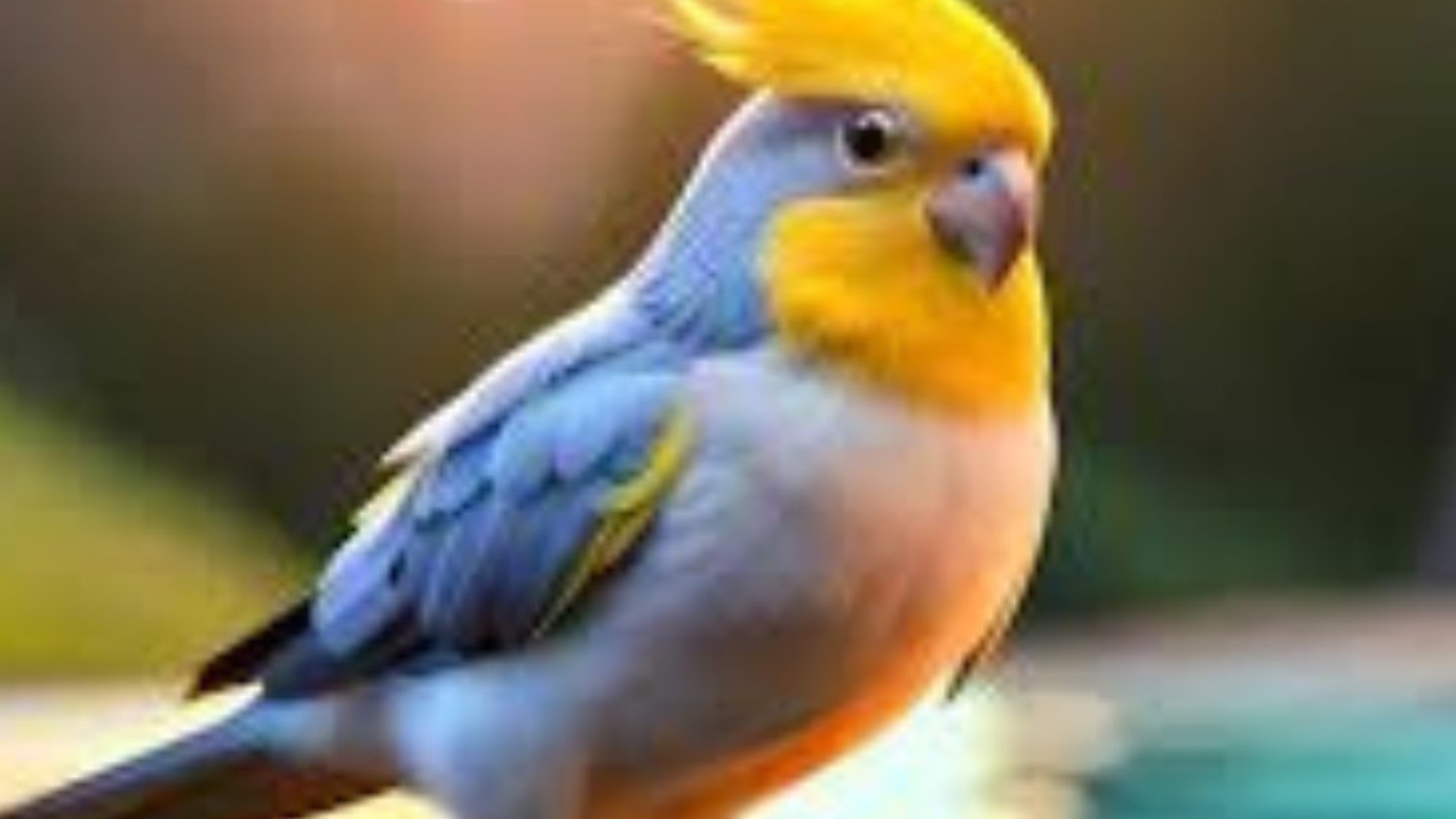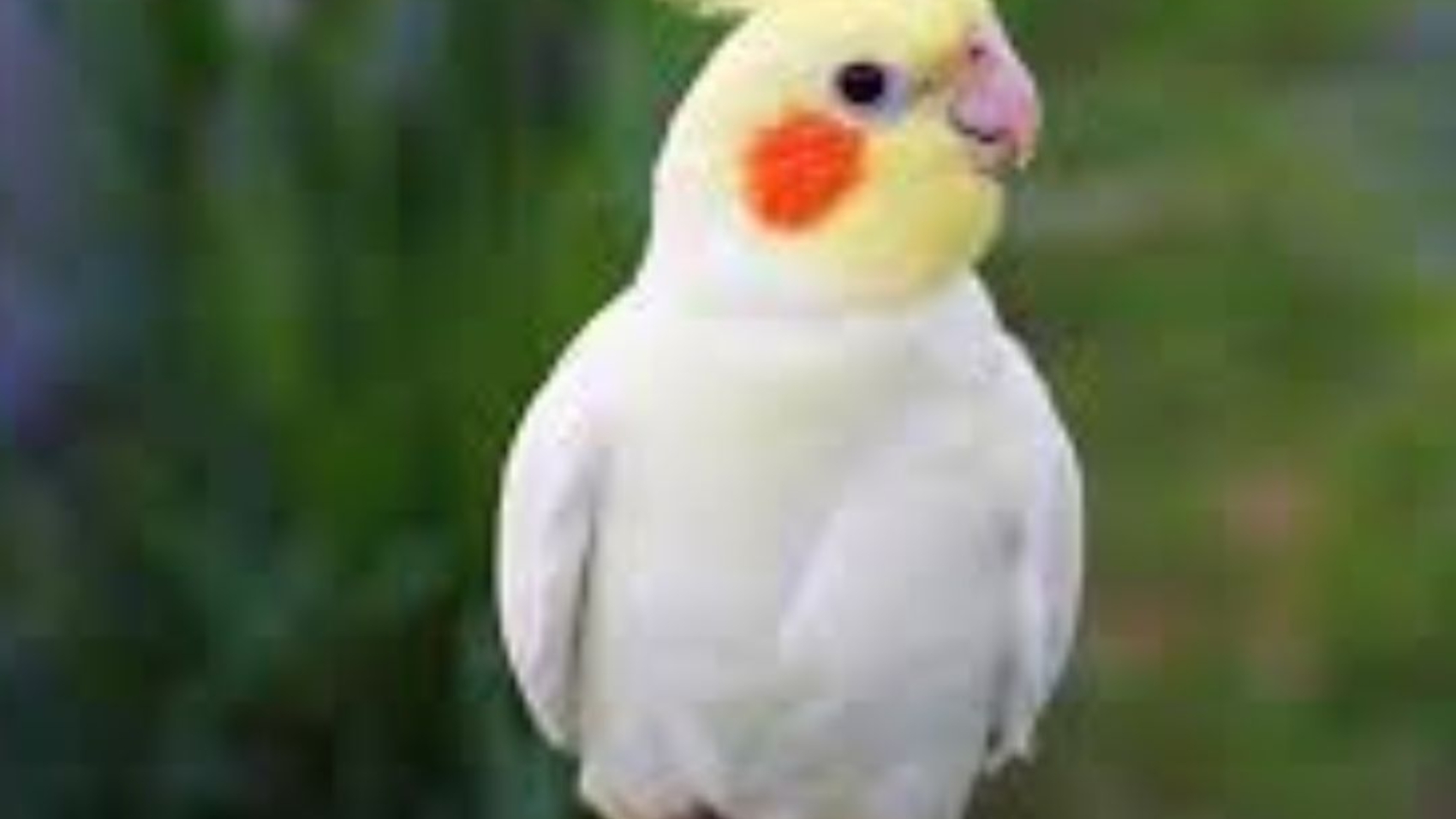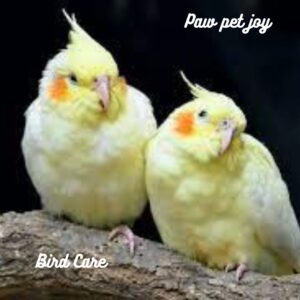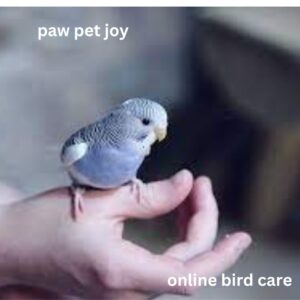We will discuss some key tips for taking care of your bird at home, based on the expertise of the professionals at the Bird Care Center.
Introduction:
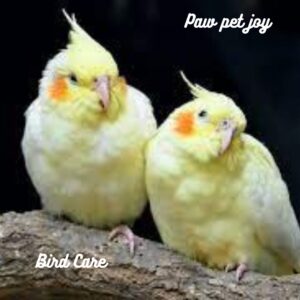
Birds are fascinating creatures that make wonderful pets, but they require special care in order to thrive in a home environment. At the Bird Care Center, our expert staff is dedicated to helping bird owners provide the best possible care for their feathered bird. From nutrition and grooming to socialization and mental stimulation, there are many factors to consider when it comes to keeping your bird happy and healthy.
Whether you’re a first-time bird owner or a seasoned avian enthusiast, these tips will help you create a nurturing and enriching environment for your feathered companion. By following our advice, you can ensure that your bird lives a long, happy, and fulfilling life in your care.
- Choosing the right food for your bird at the Bird Care Center
- Providing adequate exercise and mental stimulation in bird care centers
- Regular veterinary check-ups and health monitoring at the Bird Care Center
- Creating a safe and comfortable environment in the bird care center
- Creating a strong bond through social interaction and training
Choosing the right food for your bird at the Bird Care Center
Choosing the right food for your bird is essential to keeping them healthy and happy. At the Bird Care Center, we understand the importance of providing your feathered bird with a well-balanced diet tailored to their specific species and individual needs.
When selecting food for your bird, it is important to consider their natural diet in the wild. Different bird species have different nutritional requirements, so it’s crucial to choose a diet that closely mimics what they would eat in their natural habitat. For example, seeds are a common part of many bird diets, but some species require a variety of fruits, vegetables, and even insects to meet their nutritional needs.
At the Bird Care Center, we offer a wide range of bird foods to suit the preferences and dietary requirements of various bird species. Our knowledgeable staff can help you choose the best food for your bird based on their species, age, and activity level. Whether your bird prefers pellets, seeds, fresh produce, or a combination of different foods, we have options that can meet their needs.
In addition to choosing the right type of food for your bird, it is also important to consider the quality of the food you are providing. Birds can be sensitive to certain ingredients, so it’s essential to select high-quality, nutritious foods that are free from artificial colors, flavors, and preservatives. Look for bird foods that are specifically formulated for your bird species and are made with ingredients that promote optimal health and well-being.
Feeding your bird a balanced diet is just as important as providing them with fresh water and a clean living environment. In addition to their main diet, birds may also benefit from occasional treats such as nuts, dried fruits, or mealworms. However, it’s important to offer treats in moderation to prevent your bird from becoming overweight or developing dietary imbalances.
By choosing the right food for your bird and providing them with a balanced diet, you can help ensure that they stay healthy and happy for years to come. Remember that every bird is unique, so it may take some trial and error to find the perfect diet for your feathered bird. With the help of the Bird Care Center, you can give your bird the nutrition they need to thrive and enjoy a long, fulfilling life.
Providing adequate exercise and mental stimulation in bird care centers
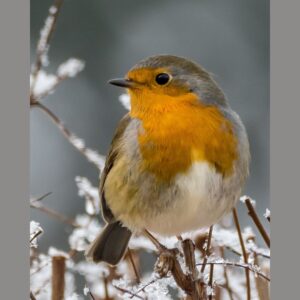
Bird care centers play a crucial role in ensuring that our feathered bird are healthy and happy. One important aspect of caring for birds in these centers is providing them with adequate exercise and mental stimulation. Birds, like humans, need physical activity and mental stimulation to stay healthy and content.
Exercise is particularly important for birds in captivity because they may not have the freedom to fly around as they would in the wild. It is essential to provide birds with opportunities to move around and stretch their wings. Enclosures for birds should be spacious enough to allow them to jump, climb, flap their wings, and explore their environment. Some bird care centers also provide enrichment toys and perches that encourage birds to be active and engage in natural behaviors.
In addition to physical exercise, mental stimulation is also vital for the well-being of birds. Birds are intelligent creatures that need mental challenges to keep them engaged and prevent boredom. In bird care centers, staff members may provide birds with puzzles, foraging toys, and other forms of environmental enrichment to keep their minds sharp and stimulated. These activities can help prevent behavioral problems that may arise from boredom or lack of mental stimulation.
Bird care centers may also offer training sessions for birds to stimulate their minds and provide them with mental challenges. Training sessions can help birds learn new skills, improve their cognitive abilities, and strengthen the bond between birds and their caretakers. Training sessions can include teaching birds to do tricks, solving puzzles, or learning to identify objects or sounds.
It is essential to tailor exercise and mental stimulation activities to the specific needs and preferences of individual bird species. Different bird species have different natural behaviors and instincts that should be taken into account when designing enrichment activities. For example, parrots are highly intelligent and social birds that thrive on interaction and mental challenges. Providing them with toys that can be manipulated and disassembled can keep them engaged and prevent boredom. On the other hand, finches may enjoy perches and swings that allow them to fly and explore their environment.
Regular veterinary check-ups and health monitoring at the Bird Care Center
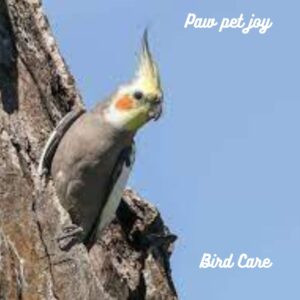
As a responsible bird owner, it is crucial to prioritize the health and well-being of your feathered bird. One of the best ways to ensure that your bird stays healthy is by scheduling regular veterinary check-ups and health monitoring at the Bird Care Center.
Just like humans, birds can also develop health issues that may not be immediately visible. By taking your bird to a qualified avian veterinarian at the Bird Care Center for regular check-ups, you can catch any potential health problems early on before they become more serious.
During these check-ups veterinarian will conduct a thorough physical examination of your bird, including checking their feathers, beak, and feet. They may also listen to your bird’s heart and lungs to check for any abnormalities. Additionally, they may recommend diagnostic tests such as blood work or fecal exams to further assess your bird’s health.
Regular veterinary check-ups also provide an opportunity for you to discuss any concerns or observations you may have about your bird’s behavior, diet, or environment. Veterinarian can offer valuable advice on how to improve your bird’s quality of life and address any issues that may be impacting their health.
Some signs to watch out for include changes in appetite, energy levels, vocalization, and feather condition. If you notice any of these changes, it is important to contact the Bird Care Center to schedule a check-up as soon as possible.
Proper nutrition is also key to maintaining your bird’s health. Make sure to provide a balanced diet that consists of a variety of fresh fruits, vegetables, seeds, and pellets. Avoid feeding your bird foods that are high in fat, sugar, or salt, as these can lead to health issues such as obesity or malnutrition.
By following these tips and prioritizing regular veterinary check-ups and health monitoring at the Bird Care Center, you can help ensure that your feathered bird lives a long, healthy, and happy life. Your bird will thank you for your dedication to their well-being!
Creating a safe and comfortable environment in the bird care center
Creating a safe and comfortable environment in the bird care center is essential for the well-being of your feathered bird. Here are some tips to help you ensure that your bird feels happy and secure while in the center.
It is important to pay attention to the temperature and lighting in the bird care center. Birds are very sensitive to temperature fluctuations, so it is crucial to keep the center at a comfortable temperature. Make sure to provide adequate heating during colder months and adequate ventilation during warmer months. Additionally, ensure that your bird gets enough natural light during the day, as this is essential for their health and well-being.
Consider the layout and design of the bird care center. Birds are naturally curious and active creatures, so it is important to provide them with plenty of space to move around and explore. Make sure that the center is spacious enough for your bird to spread their wings and fly around. Additionally, consider adding perches, toys, and other enrichment activities to keep your bird mentally stimulated and physically active.
Another important aspect of creating a safe and comfortable environment in the bird care center is maintaining cleanliness and hygiene. Birds are very susceptible to respiratory infections and other illnesses, so it is essential to keep their living space clean and sanitized. Regularly clean and disinfect the cage, perches, toys, and other surfaces in the center to prevent the spread of bacteria and pathogens. Additionally, make sure to provide fresh food and water for your bird daily to ensure their health and well-being.
Make sure to provide your bird with plenty of love and attention while they are in the bird care center. Birds thrive on social interaction and companionship, so it is important to spend quality time bonding with your feathered friend. Talk to your bird, sing to them, and engage in interactive play to build a strong bond and trust between you and your bird.
Creating a strong bond through social interaction and training
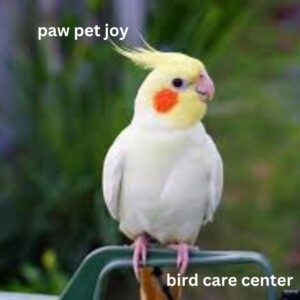
One of the best ways to establish a strong bond with your bird is through social interaction and training. Birds are social creatures that thrive on companionship and mental stimulation, so it’s important to spend time with your feathered bird on a regular basis.
One way to bond with your bird is to engage in regular social interactions. Spend time talking to your bird, whistling, and singing songs. Birds are incredibly intelligent and can learn to mimic sounds and words, so don’t be afraid to engage in conversation with your feathered friend. You can also spend time playing with your bird, whether it’s tossing a ball around or providing them with toys to keep them entertained.
Training your bird is another great way to strengthen your bond. Birds are highly trainable animals and can learn a variety of commands and tricks. Start by teaching your bird simple commands like “step up” or “wave hello.” Use positive reinforcement techniques such as treats or praise to reward good behavior. Consistency is key when it comes to training, so make sure to practice regularly to reinforce the learning.
In addition to training, socializing your bird with other humans is also important. Birds are social animals that thrive on interaction, so exposing them to other people can help them feel more comfortable and secure. Encourage friends and family members to spend time with your bird to help them feel more connected to their human flock.
Another important aspect of social interaction is providing your bird with a stimulating environment. Birds are curious creatures that love to explore and investigate their surroundings. Provide your bird with plenty of toys, perches, and foraging opportunities to keep them mentally engaged. Rotate their toys regularly to keep things interesting and prevent boredom.
It’s also important to establish a routine with your bird to help them feel secure and comfortable. Birds thrive on predictability, so try to stick to a regular schedule for feeding, training, and socialization. This will help your bird feel safe and secure in their environment.
By focusing on social interaction and training, you can build a strong bond with your bird that will last a lifetime. Remember to prioritize quality time with your feathered friend, provide them with a stimulating environment, and be patient and consistent in your interactions. With time and effort, you can create a deep and meaningful relationship with your bird at the Bird Care Center.
FAQ: What services do bird care centers typically offer?
Answer: Bird care centers usually offer a range of services including boarding, grooming, medical care, behavioral training, and socialization opportunities for birds. Some centers may also provide adoption services, educational programs, and rehabilitation for injured or abandoned birds.
FAQ: How do I choose the right bird care center for my feathered bird?
Answer: When selecting a bird care center, consider factors such as the facility’s reputation, cleanliness, staff expertise, available amenities, and compatibility with your bird’s species and needs. It’s essential to visit the center beforehand, ask questions, and observe how the staff interact with the birds to ensure it’s a suitable environment.
FAQ: What should I expect when boarding my bird at a bird care center?
Answer: When boarding your bird at a bird care center, you can expect them to provide a safe and comfortable environment with appropriate housing, food, and enrichment activities. The staff will monitor your bird’s health and behavior closely and provide any necessary medical attention or special care as needed.
FAQ: How often should I groom my bird at a bird care center?
Answer: The frequency of grooming depends on your bird’s species, size, and grooming needs. Generally, birds with longer feathers or specialized grooming requirements may need grooming every few months, while others may require less frequent grooming. The staff at the bird care center can advise you on the appropriate grooming schedule for your bird.
FAQ: Can I visit my bird while they are staying at the bird care center?
Answer: Most bird care centers welcome visits from bird owners while their feathered friends are boarding. Visiting allows you to check on your bird, interact with them, and ensure they are comfortable and well-cared for during their stay. However, it’s essential to coordinate visiting times with the center and follow any specific guidelines they have in place to ensure the safety and well-being of all birds in their care
Conclusion:
Taking care of your bird at the Bird Care Center requires dedication, patience, and a willingness to learn. By following these tips, you can ensure that your feathered bird remains healthy, happy, and well-cared for. Remember to always consult with the experts at the Bird Care Center for any specific concerns or questions about your bird’s needs. With the right care and attention, you can create a loving and enriching environment for your bird to thrive in.
